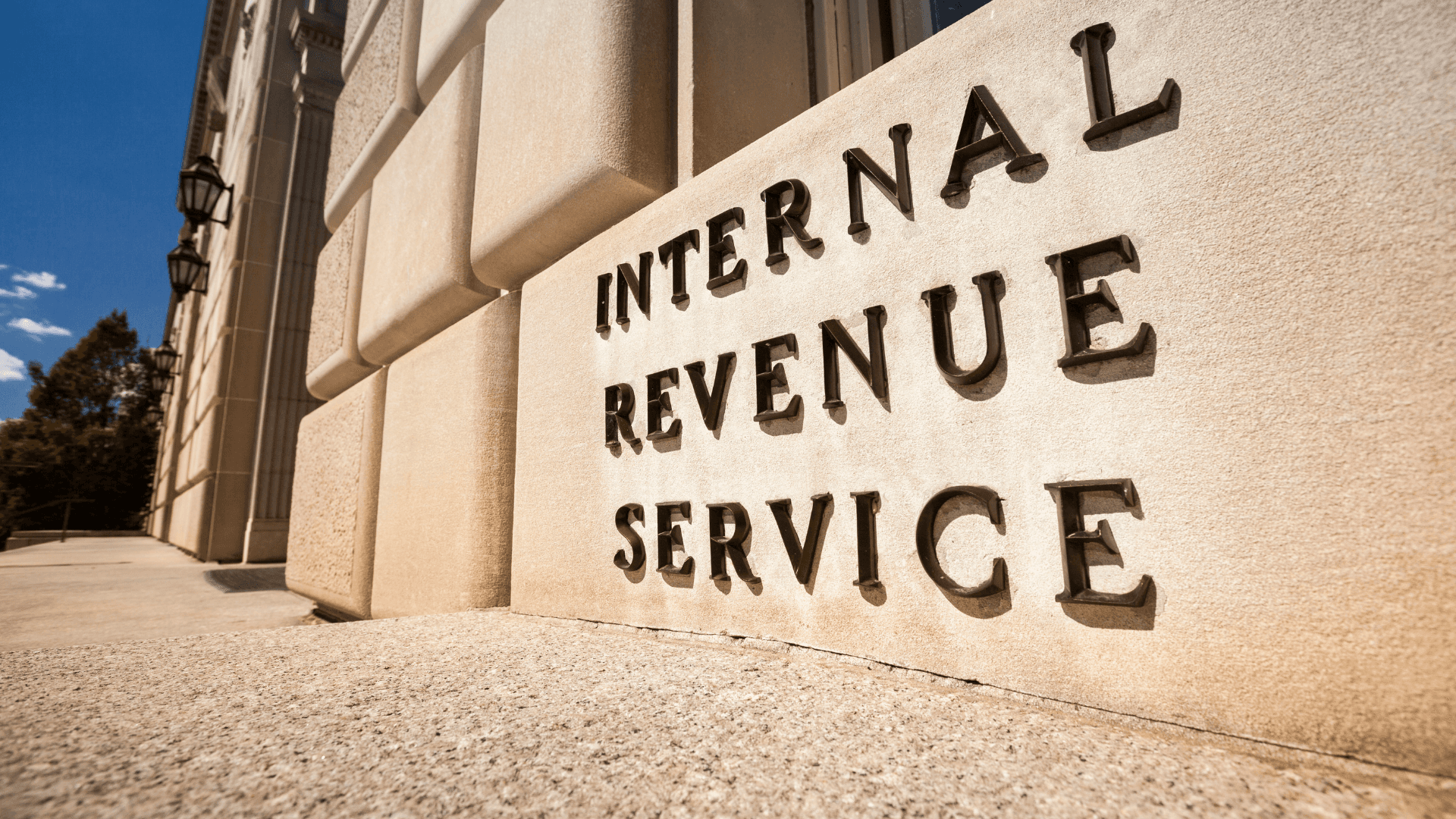All Blogs
A Meeting Without An Agenda Is A Coffee Break
Written By

Hunter Brown
Date
Nov 11, 2021
Category
Entreprenuer
Length
“If you had to identify, in one word, the reason why the human race has not achieved, and never will achieve, its full potential, that word would be meetings.” – Dave Barry.
Entrepreneurs—owners of small to medium-sized companies—know that time is a precious commodity and you’ll never get back a single unproductive minute. A one-hour meeting with five members of your team, adds up to five hours when no revenue is generated. Meetings are inevitable, but they must be productive.
Here are some suggestions to make meetings more effective.
Have an agenda
Every planned meeting must have a detailed, written agenda that identifies the leader, specifies the objectives, and states the goal.
Email the agenda prior to the meeting. No agenda, no meeting.

Decide whether you actually need a meeting
After you create your agenda, ask yourself whether the best use of time is a bunch of people in a room or whether the whole conversation can be handled via email. Does staff need to be pulled away from their task to report on the status of their task?
Try to restrict meetings to those times when you initiate a project or need to make a decision.
Limit attendance
A common mistake many companies make is to invite everyone on the team to a meeting. Perhaps the thought is, more players, more ideas. Or everyone needs to be aware of what’s happening.
Unfortunately, we’ve learned from experience that the more people who attend a meeting, the longer the meeting will last and the less will be accomplished.
Remember, you’re in the twenty-first century. Everyone on the team can be kept up-to-date with email or provided with a meeting transcript.
You’ll save time and accomplish more if you only invite people to a meeting who must be there to make actionable decisions.
Record and Transcribe
Someone once said: A meeting is an event at which the minutes are kept and the hours are lost. Most meetings have a designated note taker who could be doing something more productive in today’s business world.
Instead of a note-taker, push play on the recorder. You probably have a recording app on your phone.
At the end of the meeting, run the recording through some transcription software, and your meeting is captured for as long as you need it. There are several good transcription software products available. Some are even free.
If someone can’t make the meeting or isn’t invited, give him/her a copy of the transcript. New team member? Same advice.
And perhaps the best part is, if you want to go back to a certain point in the discussion after the meeting, you can just do a word search to bring you right to the correct spot.
Keep it short
Even with a tight agenda and a determined leader, there’s always the concern that the meeting will get off track. Someone will bring up something—usually only marginally pertinent—and the meeting will grind to a screeching halt. Or someone may feel the need to impress others with his/her profound knowledge on the subject.
No leader has the time or inclination to be a meeting monitor. It may be radical but consider this trick: Don’t let anyone get too comfortable.
Just think about the neighborhood coffee shop with couches and comfy chairs. Folks buy a cup of coffee and sit back and relax. Compare that to a fast food restaurant where you eat your meal and get out.
The coffee shop wants you to linger. The fast-food joint needs to turn over the table as quickly as possible.
Now ask yourself, why do you have the most comfortable chairs in the building in your conference room?
Sure, you want your clients, prospects, and visitors comfortable, but how much shorter would your staff meetings be if the chairs were more utilitarian. Or if you did away with chairs altogether and had people stand during meetings.
As a noted economist and author John Kenneth Galbraith once said, “Meetings are indispensable when you don’t want to do anything.”
To make sure your meetings positively impact your business, manage them. As a business owner or principal, think of every meeting as an investment. (Because that’s exactly what it is.) It costs you money every time you call a meeting. Make sure it’s money well spent.
Contact Us for Accounting and Tax Services






